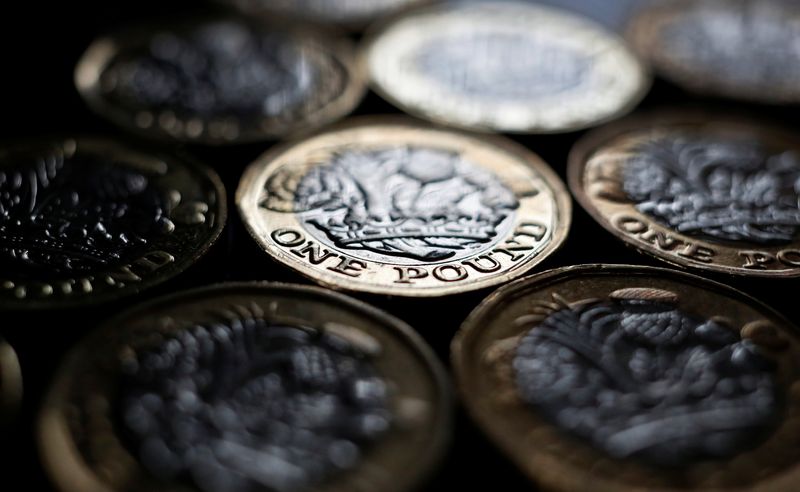By Harry Robertson
LONDON (Reuters) - The pound rose on Tuesday after data showed Britain's manufacturing sector expanded in March and mortgage approvals rose in February.
Sterling was last up 0.14% at $1.2566, after falling 0.58% on Monday as the dollar rose on the back of strong U.S. economic data. The euro was down 0.18% against the pound at 85.47 pence.
Survey data out on Tuesday showed that British manufacturers reported their first overall growth in activity in 20 months in March thanks to recovering domestic demand.
Separate figures showed that UK banks approved the highest number of mortgages in February since September 2022, when new lending slumped due to bond market turmoil caused by Liz Truss' premiership.
"Consumer caution (is) fading in response to lower interest rates," said Rob Wood, chief UK economist at Pantheon Macroeconomics. "We think households will be willing to spend more this year," he said, citing a fall in mortgage rates and wages growing faster than inflation.
Data from mortgage lender Nationwide on Tuesday showed that British house prices rose in March at their fastest annual pace since December 2022, although they fell slightly between February and last month.
The pound has fallen since early March as the dollar has strengthened due to better-than-expected U.S. data and after investors detected a dovish turn in the Bank of England's communication about inflation and interest rate cuts.
Britain's economy slipped into a mild recession at the end of 2023 but economists see signs that it is now growing again, albeit modestly.

Investors see a roughly 60% chance the BoE will cut rates by June, up from 15% at the start of March, according to derivative market pricing.
The dollar index, which tracks the U.S. currency against six peers, hit a 4-1/2 month high of 105.1 on Tuesday and was last at 104.96, down slightly on the day.